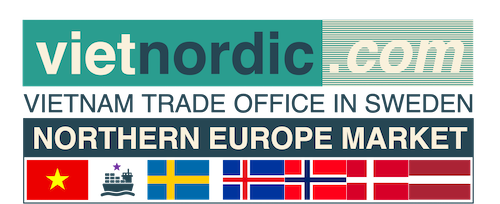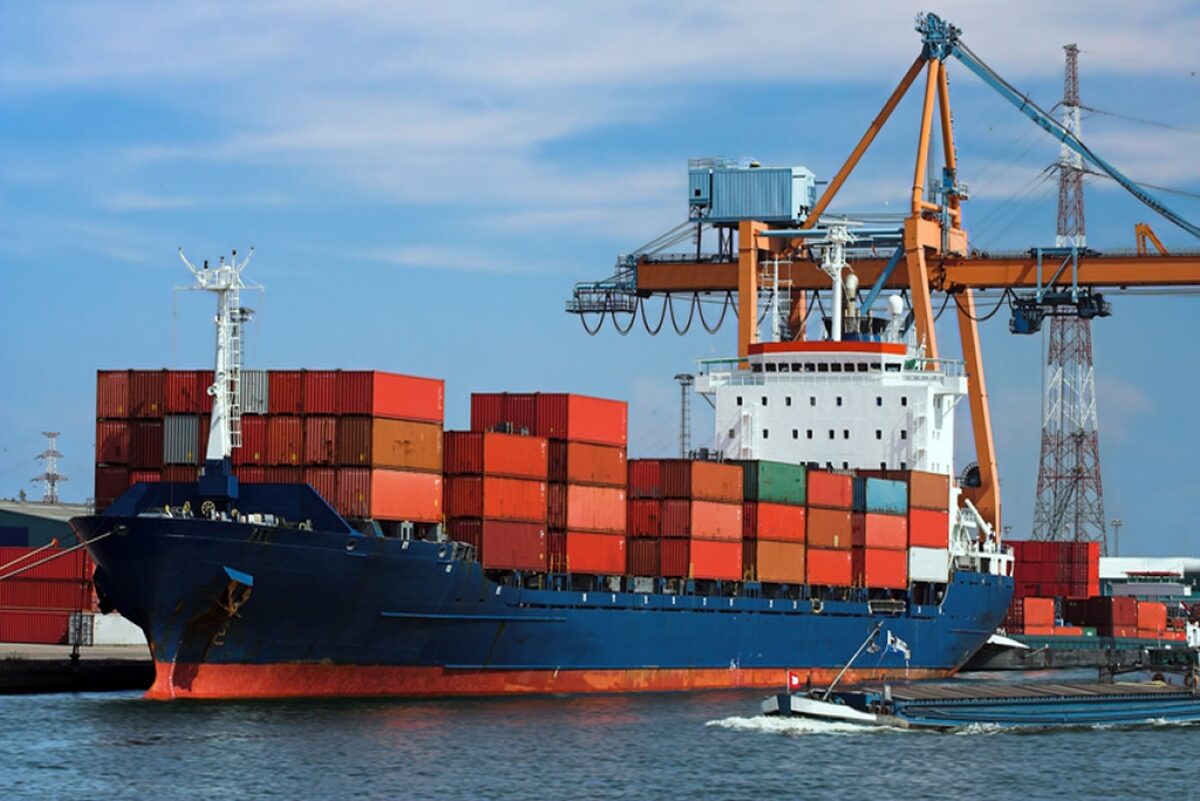What’s new?
- Industrial production and retail sales posted another month of high growth rates (15.6 percent (y/y) and 50.2 percent (y/y)), mostly driven by the low-base effects related to the COVID-19 lockdowns in August 2021. Month-on-month growth in retail sales moderated in July and August 2022 after a strong Q2-2022 recovery.
- Exports and imports grew by 22.6 percent (y/y) and 13.3 percent (y/y) in August, respectively, higher than in July 2022. FDI commitments fell reflecting investor caution in the face of global uncertainty while FDI disbursement continued to improve, contributing to an eleven-month positive trend.
- CPI inflation moderated from 3.1 percent (y/y) in July to 2.9 percent in August thanks to softening fuel prices while core inflation continued to accelerate from 2.6 percent in July to 3.1 percent in August as the second-round effects of earlier increases in commodity prices affected productions costs and final prices.
- Credit growth remained strong at 16.2 percent (y/y) while overnight interbank interest rates (end of period) increased from 0.71 percent in June to 4.19 percent in July and 4.42 percent in August. This could be partly due to mismatch of lower domestic deposits due to low deposit rates and high demand for domestic credits, with banks competing in the interbank market for funds. It can also be partly due to SBV sale of some reserves over the past few months to stabilize the dong against a strengthening US dollar, thus tightening domestic liquidity.
- The budget registered an eighth month of surplus. The government did not borrow much in the domestic market, with government and government-guaranteed bond issuance equal to only 27.4 percent of the plan in the first eight months of the year, less than a half of the borrowing seen a year ago.
- Economic recovery has continued despite heightened economic uncertainties regarding higher global inflation and weakening economic growth in main trade partners. The authorities should remain vigilant about inflation risks associated with food and core prices. Also, while fuel prices have softened recently, global fuel price movements are uncertain. Thus, incentivizing alternative energy production and use would reduce the economy’s dependence on imported fuels and promote greener growth. Also, strengthening the social support system, including its registration, targeting, and disbursement systems would facilitate reaching affected citizens during such shocks.
Full verson in English: https://en.vietnordic.com/wp-content/uploads/2022/12/Viet-Nam-Macro-Monitoring-2022.pdf
Full verson in Vietnamese: https://vietnordic.com/wp-content/uploads/2022/12/Cap-nhat-kinh-te-vi-mo-Viet-Nam-nam-2022.pdf

